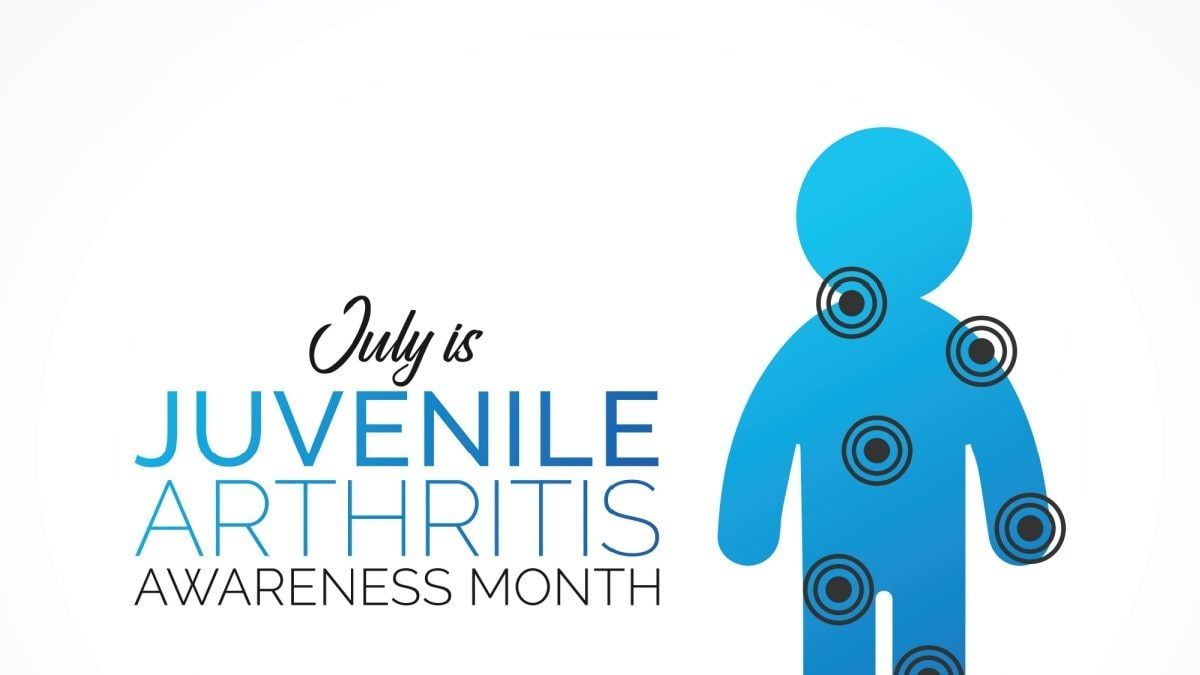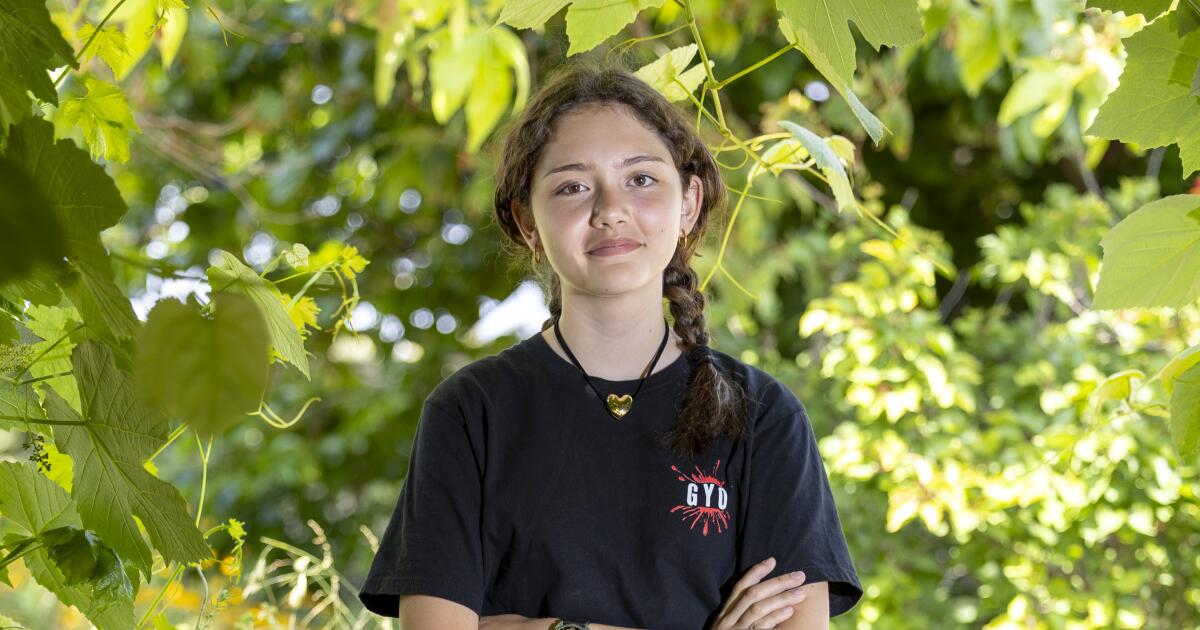Children with juvenile arthritis are also more susceptible to infections such as tonsillitis and recurrent sore throat due to weakened immunity.
Juvenile idiopathic arthritis can have a significant negative impact on a child's quality of life by causing joint deterioration, developmental problems, and reduced physical function.
Juvenile idiopathic arthritis (JIA) is a type of arthritis that occurs in children under the age of 16. It is also known as pediatric arthritis. It is characterized by persistent inflammation of the joints that may affect one or more joints. It is the most common type of arthritis in children. If left untreated, JIA can have a significant negative impact on a child's quality of life by causing joint deterioration, developmental problems, and reduced physical function.
Dr Rajesh Kumar Verma, Director and Head of Department of Orthopaedics, Traumatology and Spine Surgery, Marengo Asia Hospital, Gurugram, says, “Early diagnosis and appropriate treatment are essential to manage symptoms and prevent long-term problems. The first step in making a diagnosis is to take a detailed medical history from both the child and the parents, focusing on symptoms such as persistent joint pain, especially in the morning, swelling, stiffness, decreased joint mobility, increased temperature, redness and tenderness around the joint and limping.”
Children with juvenile arthritis are also more susceptible to infections such as tonsillitis and recurrent sore throat due to weakened immunity.
If the medical history indicates juvenile idiopathic arthritis, a comprehensive clinical evaluation is performed to assess joint swelling, tenderness, deformities, and range of motion. Opinions from pediatricians and cardiologists may be sought.
Dr Verma adds, “Diagnostic tests are performed to confirm the diagnosis, which include blood tests like complete blood count, ESR, CRP, anti-CCP, AR factor and other specialized tests to rule out autoimmune disorders, as well as radiological investigations like X-rays, ultrasound and MRI.”
Arthritis symptoms in children
Arthritis in children presents a variety of symptoms that can vary depending on the type of arthritis and the severity of the condition. Dr. Verma shares the common signs and symptoms to look out for:
- Pain and swelling in the jointsOngoing pain and swelling in one or more joints, often worsening in the morning or during exercise. There may be a sensation of warmth in the joints.
- RigidityA child's inability to move his or her joints freely due to morning stiffness or stiffness after periods of rest.
- Limited range of motionInability to fully bend or straighten joints, resulting in decreased mobility and functional restrictions.
- Fatigue and irritabilityPersistent pain and disturbed sleep patterns may be the cause of this general fatigue and irritability.
- Limping or favoringA child's walking or physical activity may be affected if he or she limps or avoids using specific joints due to pain or discomfort.
- Systemic symptomsFever may be a sign of systemic inflammation, particularly when it coexists with joint pain. Some young individuals may develop rashes or inflammation of the eyes (uveitis).
In addition to joint-related symptoms, associated fever and possible involvement of other systems such as the eyes, kidneys, liver and, most importantly, heart problems should be evaluated.












